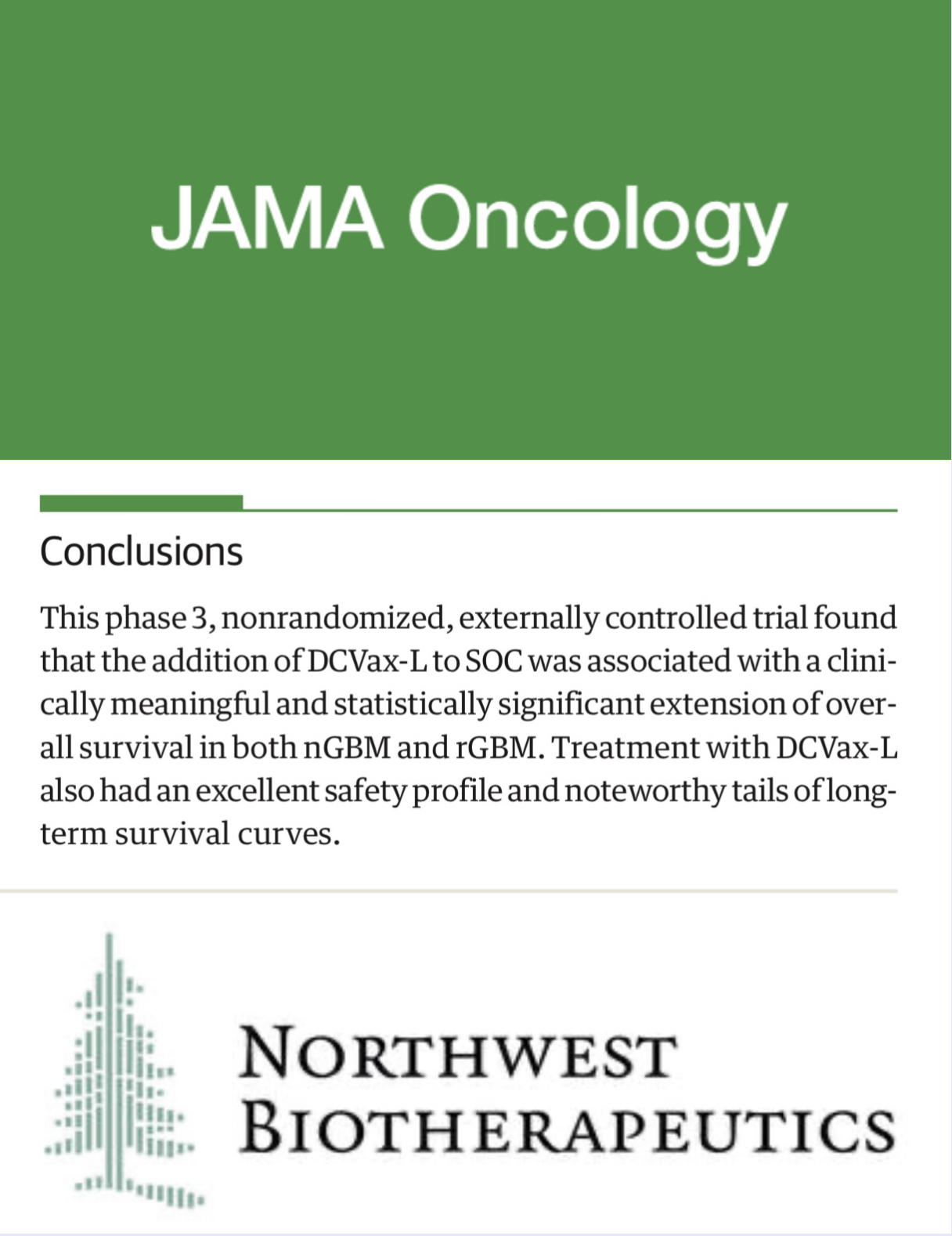GLP-1 Receptor Agonists and Cancer Risk in Adults With Obesity
IF 20.1
1区 医学
Q1 ONCOLOGY
引用次数: 0
Abstract
ImportanceGlucagon-like peptide-1 receptor agonists (GLP-1RAs) are widely prescribed for glycemic control in type 2 diabetes and have recently gained popularity for weight management. However, their long-term impact on cancer risk remains uncertain. Understanding this association is crucial for patient safety.ObjectiveTo compare the incidence of 14 cancers among adults with obesity prescribed GLP-1RAs vs nonusers.Design, Setting, and ParticipantsThis retrospective cohort study followed a target trial emulation design using 2014 to 2024 electronic health record data from OneFlorida+, a multicenter health research network that integrates real-world clinical data from diverse health care settings. Adults 18 years or older eligible for antiobesity medications without prior cancer history were included. Participants were categorized as GLP-1RA users or nonusers, matched 1:1 using propensity scores.ExposureIndividuals taking vs not taking GLP-1RAs.Main Outcomes and MeasuresThe primary outcomes were the incidence of 14 cancer types, including 13 obesity-associated cancers (liver, thyroid, pancreatic, bladder, colorectal, kidney, breast, endometrial, meningioma, upper gastrointestinal, ovarian, multiple myeloma, and prostate) and lung cancer.ResultsA total of 86 632 matched adults (mean [SD] age, 52.4 [14.5] years; 68.2% female) were included, comprising 43 317 GLP-1RA users and 43 315 otherwise eligible nonusers. The incidence rates of the 14 cancers were 13.6 vs 16.4 per 1000 person-years, respectively, indicating a significantly lower overall cancer risk among individuals taking GLP-1RAs (hazard ratio [HR], 0.83 [95% CI, 0.76-0.91];GLP-1受体激动剂与成人肥胖的癌症风险
胰高血糖素样肽-1受体激动剂(GLP-1RAs)被广泛用于2型糖尿病的血糖控制,最近在体重管理方面也很受欢迎。然而,它们对癌症风险的长期影响仍不确定。了解这种关联对患者安全至关重要。目的比较服用GLP-1RAs与未服用GLP-1RAs的成人肥胖患者14种癌症的发病率。设计、环境和参与者本回顾性队列研究遵循目标试验模拟设计,使用来自OneFlorida+的2014年至2024年电子健康记录数据,OneFlorida+是一个多中心健康研究网络,整合了来自不同医疗保健环境的真实临床数据。年龄在18岁及以上且没有癌症病史的成年人接受抗肥胖药物治疗。参与者被分类为GLP-1RA使用者或非使用者,使用倾向得分1:1匹配。暴露量服用与未服用GLP-1RAs的个体。主要结局和测量主要结局是14种癌症类型的发病率,包括13种与肥胖相关的癌症(肝癌、甲状腺癌、胰腺癌、膀胱癌、结肠直肠癌、肾癌、乳腺癌、子宫内膜癌、脑膜瘤、上胃肠道癌、卵巢癌、多发性骨髓瘤和前列腺癌)和肺癌。结果共纳入86 632名匹配成人(平均[SD]年龄52.4[14.5]岁,68.2%为女性),其中43 317名GLP-1RA使用者和43 315名其他符合条件的非GLP-1RA使用者。14种癌症的发病率分别为13.6 / 1000人-年vs 16.4 / 1000人-年,这表明服用GLP-1RAs的个体与未服用GLP-1RAs的个体相比,总体癌症风险显著降低(风险比[HR], 0.83 [95% CI, 0.76-0.91]; P = 0.002)。特别是,服用GLP-1RAs与子宫内膜癌(HR, 0.75 [95% CI, 0.57-0.99]; P = 0.05)、卵巢癌(HR, 0.53 [95% CI, 0.29-0.96]; P = 0.04)和脑膜瘤(HR, 0.69 [95% CI, 0.48-0.97]; P = 0.05)的风险降低相关。然而,GLP-1RAs与肾癌风险增加相关(HR, 1.38 [95% CI, 0.99-1.93]; P = 0.04)。结论和相关性这项回顾性队列研究发现,在肥胖或超重的患者中,服用GLP-1RAs与降低总体癌症风险相关,包括降低子宫内膜癌、卵巢癌和脑膜瘤癌的风险。然而,服用GLP-1RAs可能与肾癌风险增加有关,因此需要进行长期随访,以阐明这些发现的潜在机制和临床意义。
本文章由计算机程序翻译,如有差异,请以英文原文为准。
求助全文
约1分钟内获得全文
求助全文
来源期刊

JAMA Oncology
Medicine-Oncology
自引率
1.80%
发文量
423
期刊介绍:
JAMA Oncology is an international peer-reviewed journal that serves as the leading publication for scientists, clinicians, and trainees working in the field of oncology. It is part of the JAMA Network, a collection of peer-reviewed medical and specialty publications.
 求助内容:
求助内容: 应助结果提醒方式:
应助结果提醒方式:


